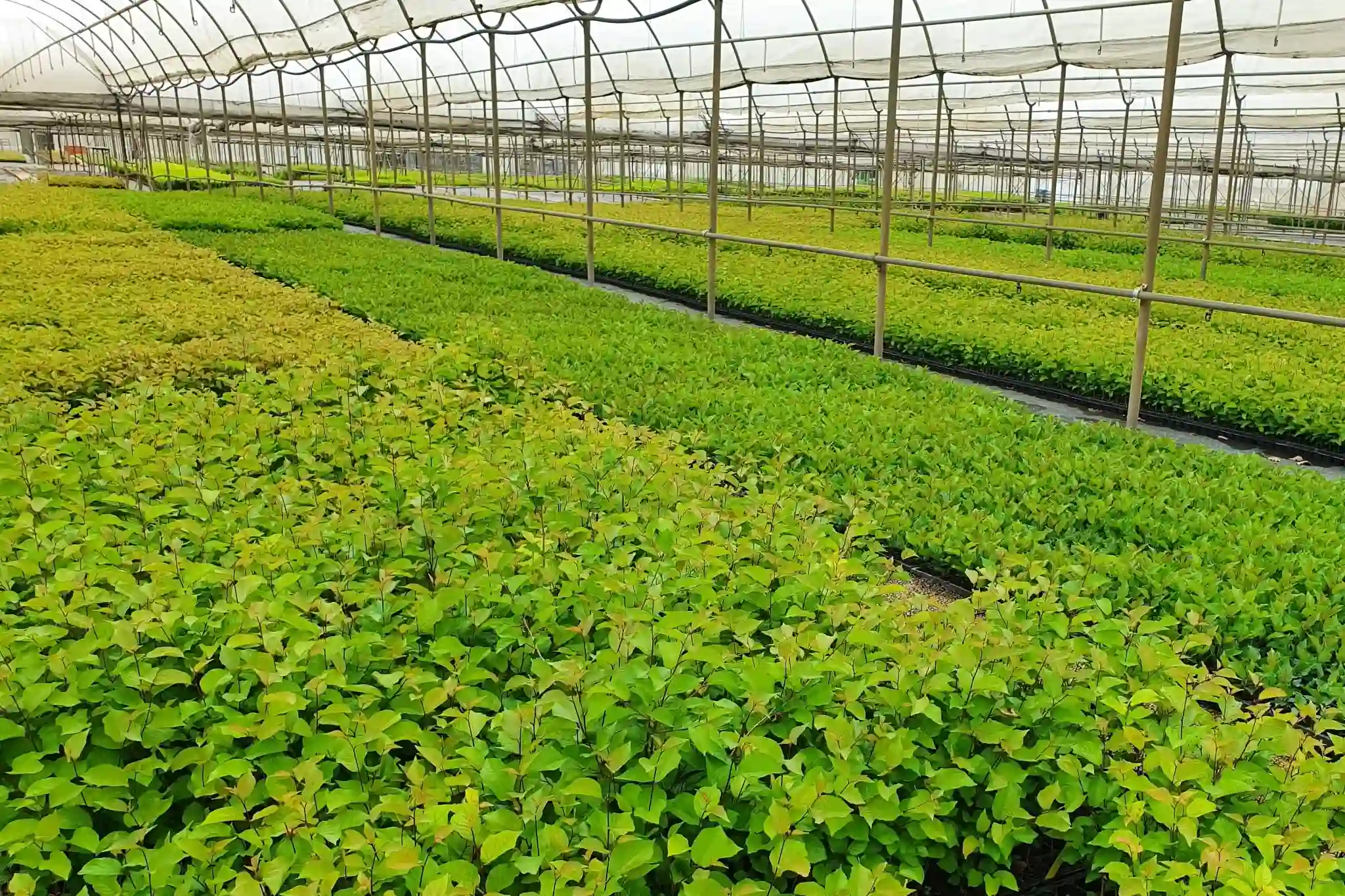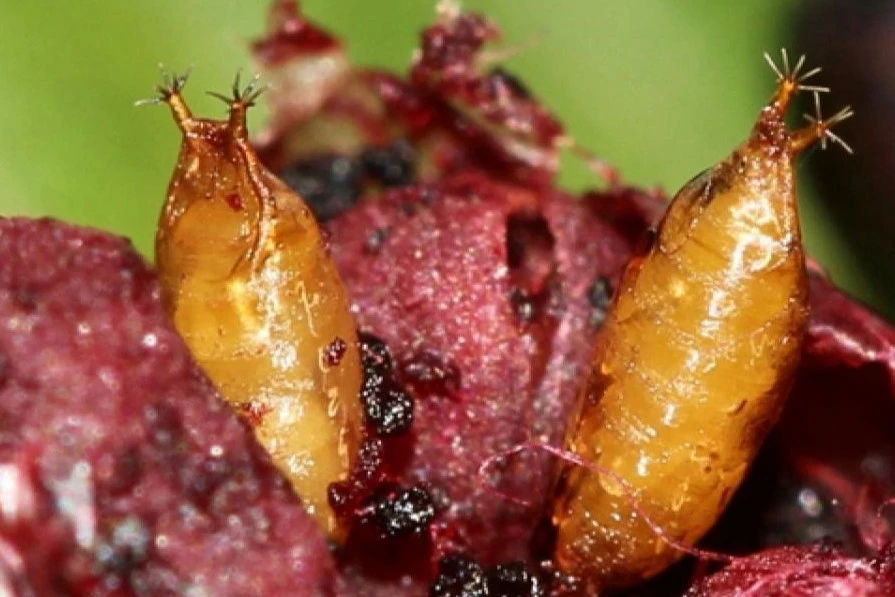An important boost arrives for Canadian agriculture: 5 million dollars (about 4.6 million euros) allocated to fruit growers in British Columbia to address the challenges of climate change.
An initiative aimed at protecting the production of cherries, apples, pears and stone fruit in one of Canada’s most productive regions.
A fund to address
The government of British Columbia has allocated 5 million dollars (about 4.6 million euros) for the Tree Fruit Climate Resiliency Fund, a program aimed at making local fruit farms more resilient to the increasingly intense effects of climate change.
The fund has already financed the purchase of 52 wind machines, 10 low-consumption heaters, 2 hail nets, 1 shading and heat protection net, an evaporative cooling system, and a project for a freezing chamber to study bud cold resistance.
Cherries in the spotlight
The main beneficiaries have been cherry producers, with 49 approved projects, followed by 9 projects for apples and pears and 9 for other stone fruit. The majority of interventions, as many as 64, concern the Okanagan area, while 3 projects have been funded in the Kootenays region.
In the past five years, extreme weather conditions have severely tested the production of peaches, pears, plums, cherries, and apples.
Thanks to this program, managed by MNP, the goal is to strengthen about 360 hectares of orchards, mitigating the effects of extreme weather. The projects are expected to be completed by March 2027.
Collaboration and outlook
Sukhpaul Bal, president of the B.C. Cherry Association, emphasized: “We are very pleased with the sector’s response to this program. After five consecutive years of extreme climate events, it was necessary to adopt a proactive approach.”
The project is the result of collaboration between the B.C. Fruit Growers' Association and the B.C. Cherry Association, confirming the institutions’ commitment to supporting the fruit sector.
The initiative represents an important step toward ensuring a more sustainable future for British Columbia’s fruit farming, offering farmers concrete tools to face an increasingly unpredictable climate.
With the prospect of 2027, the sector looks ahead with greater confidence, ready to take on the challenge of resilience.
Source: thegrower.org
Cherry Times - All rights reserved











